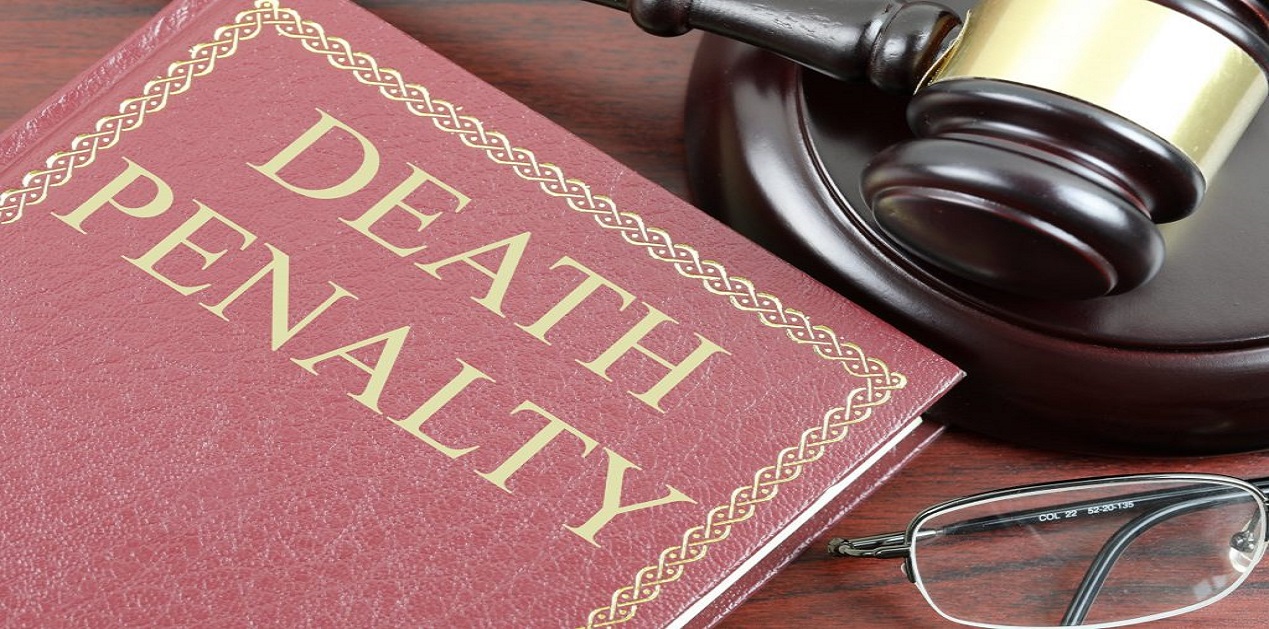On 25 July 2022, the Myanmar military executed four prisoners (an NLD member and three other anti-regime protestors)[1]. Even though many of the anti-regime protesters and individuals of ethnic armed groups in their fight against the military have died, however, judicial executions were a thing of the past. In 1985, a North Korean agent was executed for planting a bomb in the Yangon monumental building. The last executions of political dissents were done in 1976 who were against the then military regime. The current executions come at a time when the military has overthrown the democratically elected government and has taken over power since 01 February 2021.
The military has received international condemnation, especially from the United Nations and the ASEAN, along with joint statements by many countries, such as the USA, Canada, Australia and others.[2] Following the executions, Thomas Andrews, UN Special Rapporteur on the situation of human rights in Myanmar, raised serious concerns and stated that the executions violate the international human rights and efforts made by ASEAN. He further criticised the proceedings done by closed-door military tribunals rather than civilian courts. Also, the individuals were without the right of appeal and legal representations as laid down by the Martial Law Order of March 2021.
On the other hand, the military has justified their acts by stating that they were in line with the Penal Code and Counter-Terrorism Law. On 26 July, the military also rejected and protested against the statements made by several countries and international and regional organisations.[3] Further, Zaw Min Tun, spokesperson for the military stated that "If we compare their sentence with other death penalty cases, they have committed crimes for which they should have been given death sentences many times."[4]
In the past few decades, the debates and discussions on capital punishment have increased. In 2007, the UNGA adopted a resolution calling for a moratorium on the death penalty. 104 countries voted in favour of the resolution, whereas 54 countries opposed it along with 29 abstentions. Countries like China, India, and Israel opposed it stating the rights of the sovereign nation. The representatives of Barbados and Singapore defended the sovereign rights of individual countries and the means to use capital punishment as a tool for deterrence.[5]
The doctrine of deterrence states that the severity of punishment will constrain the potential perpetrator of the criminal to do acts of crime. This is to reassert the collective conscience of the community. The state thus becomes a party to the crime if punishment is not inflicted. To address this, individual countries have adopted doctrines to ensure that the right is not misused. For instance, in India, the Supreme Court gave the conditions for the “rarest of the rare doctrine” in 1980 in Bachan Singh versus the state of Punjab. The death sentence can be given only when the proportion and intensity of the crime do not justify giving life imprisonment.
However, in the context of Myanmar, this condition was not fulfilled. Even though a country has the sovereign right to protect its nation and punish those who cause it grave concerns, the current executions have been criticised for not fulfilling this criterion. Also, the international organisations have stated that the current executions of the pro-democracy activists and the NLD member were to create fear in the minds of anti-regime protestors.
Also, the theory of deterrence is a failure, and there is no practical evidence that suggests that executions have greater deterrence. Though the military aimed to create fear and deterrence, the NLD members and opposition forces have further strengthened their voices and claimed that they would continue fighting against the military. Many Ethnic Armed Organisations, including the Kachin Independence Army, Karen National Union, the United League of Arakan, and others have condemned the act, and across the country, now there is more hatred and aggression against the regime.[6]
In contrast, the theory of reformation believes that human beings have the capability to introspect and respect. Even though the military claimed that the individuals threatened the security of the nation; it should have restrained from adopting such a grave step. In the process of gaining recognition from its citizens and the world countries, Myanmar's military has further closed its doors and received condemnation. An exception to this is China. Zhao Lijian, a spokesman for China’s Foreign Ministry, gave the statement that the matter is the country’s internal affair and there must not be any interference.[7]
The executions have alarmed the potential crisis that lies ahead; whether there will be more executions or the worst what will be the future of Aung San Suu Kyi. Since the military coup, around 113 people have been sentenced to death. The protests and demonstrations have taken their most violent forms in Myanmar against the regime, and they continue their fight and condemn the executions. In the process to win over the people and gain international recognition, Myanmar military has adopted numerous measures many of which were against citizens therefore what lies ahead is yet to be seen.
References
[1]National League for Democracy (NLD) lawmaker Ko Phyo Zeya Thaw, pro-democracy veteran Kyaw Min Yu, widely known as ‘Ko Jimmy’, Ko Hla Myo Aung and Ko Aung Thura Zaw
[2]https://www.state.gov/joint-statement-on-execution-of-pro-democracy-and-opposition-leaders-in-myanmar/
[3]https://cdn.myanmarseo.com/file/client-cdn/gnlm/wp-content/uploads/2022/07/27_July_22_gnlm.pdf
[4]https://www.jurist.org/news/2022/07/myanmar-junta-carries-out-first-judicial-executions-since-1976-amid-widespread-international-criticism/
[5]https://press.un.org/en/2007/ga10678.doc.htm
[6]https://www.mizzima.com/article/ethnic-armed-organisations-condemn-myanmar-junta-executions
[6] https://www.aa.com.tr/en/asia-pacific/china-says-no-interference-in-myanmar/2646205
(The paper is the author’s individual scholastic articulation. The author certifies that the article/paper is original in content, unpublished and it has not been submitted for publication/web upload elsewhere, and that the facts and figures quoted are duly referenced, as needed, and are believed to be correct). (The paper does not necessarily represent the organisational stance... More >>
Image Source: https://blog.ipleaders.in/wp-content/uploads/2022/02/death_penalty-696x464.jpg











Post new comment